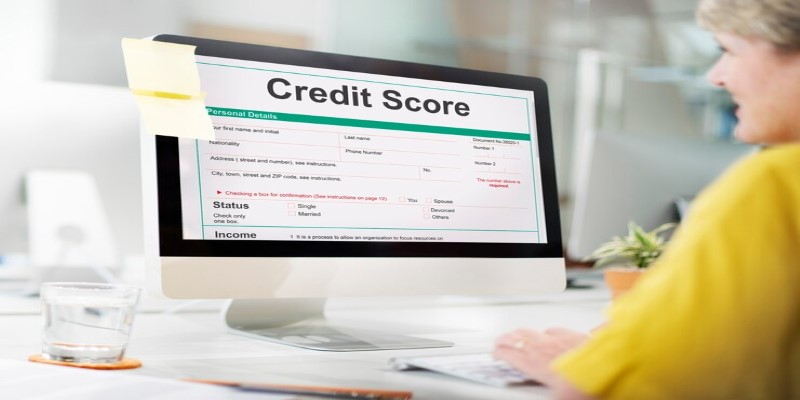The Basics of Commodity Futures: A Beginner's Guide
Sep 20, 2024 By Rick Novak
Commodity futures represent a pivotal aspect of the global financial landscape, serving as both a vital hedging tool against price fluctuations and a speculative instrument for traders. At its core, a commodity futures contract is an agreement to buy or sell a specific quantity of a commodity, like gold, oil, or wheat, at a predetermined price on a specified future date. These contracts are traded on various futures exchanges around the world, providing liquidity and price transparency in markets for essential goods. For beginners, navigating the intricacies of commodity futures trading can seem daunting. However, understanding the fundamental principles of how these markets operate is crucial for anyone looking to diversify their investment portfolio or hedge against risks associated with commodity price volatility.
What is a Commodity?
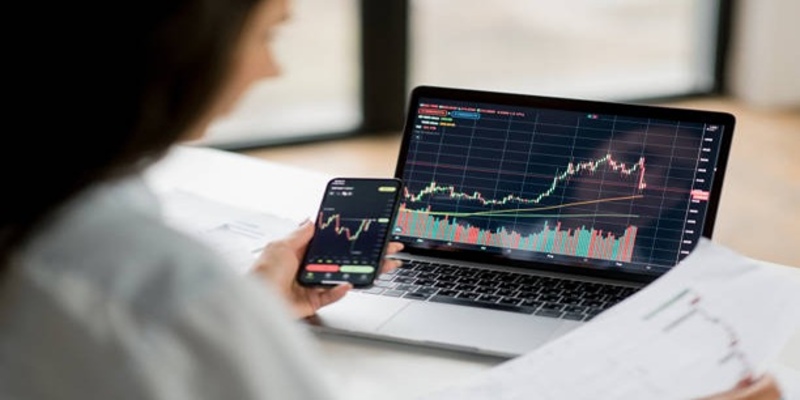
To understand what commodity futures are, we first need to define what a commodity is. In broad terms, a commodity is any physical good that can be bought and sold in large enough quantities to affect its price. Examples include agricultural products like wheat and soybeans, energy resources such as crude oil and natural gas, and precious metals like gold and silver.
Why Trade Commodity Futures?
One of the primary advantages of trading commodity futures is their use as a risk management tool. For businesses that rely on commodities for their operations, futures contracts can help mitigate the impact of price fluctuations. By locking in a future price for their desired commodity, companies can ensure stable costs and reduce their exposure to market volatility.
For traders, commodity futures offer opportunities for speculation and profit potential. These markets are highly liquid, meaning there is usually a buyer or seller available to enter into a trade. Additionally, with leverage, traders can control larger positions in the market with a smaller initial investment, potentially amplifying gains (or losses).
How Commodity Futures Work?
Commodity futures work by bringing together buyers and sellers to trade contracts for the delivery of a specific commodity at a future date. These contracts are standardized, meaning that they have set specifications for the quality, quantity, and delivery date of the underlying asset. This standardization allows for efficient trading and price discovery in these markets.
There are two types of market participants in commodity futures trading:
hedgers:
These are individuals or companies that have a vested interest in the underlying commodity and use futures contracts to protect themselves against potential price fluctuations. For example, a wheat farmer may want to secure a fixed price for their crop by selling wheat futures contracts, protecting them from potential losses if the market price of wheat decreases.
speculators:
These are traders who enter into futures contracts in the hopes of making a profit from price movements. Unlike hedgers, speculators do not have a direct interest in the underlying commodity and are purely seeking gains through buying low and selling high.
Role of Brokers and Exchanges
To facilitate commodity futures trading, brokers act as intermediaries between buyers and sellers. They provide access to the futures exchanges where contracts are bought and sold and charge a commission for their services.
Exchanges play a crucial role in ensuring that these markets operate smoothly. They set the rules for trading, oversee contract settlement, and publish market data like prices and volume.
Risks of Trading Commodity Futures
While commodity futures can offer lucrative opportunities for traders and hedgers alike, it is essential to understand and manage the associated risks. Some potential risks include:
- Price Volatility: Commodity prices can be highly volatile, making it challenging to predict future market movements accurately.
- Leverage: Leverage can amplify profits (or losses) in commodity futures trading. However, it also magnifies risk and requires careful risk management techniques.
- Supply and Demand: Factors such as weather conditions, geopolitical events, and global economic trends can significantly impact the supply and demand of commodities, leading to price fluctuations.
- Market Manipulation: Like any financial market, commodity futures are vulnerable to manipulation by large players, leading to unexpected price movements.
Types of Commodities Traded
There are four primary categories of commodities traded on futures exchanges:
- Agricultural: This category includes crops, livestock, and other agricultural products such as cotton, coffee, and sugar.
- Energy: This category consists of crude oil, natural gas, coal, and other energy resources.
- Metals: Precious metals like gold and silver, as well as industrial metals like copper and aluminum, fall under this category.
- Livestock and Meat: This category includes live animals such as cattle and lean hogs, as well as products derived from these animals like pork bellies.
As with any investment vehicle, it is essential to conduct thorough research and consult a financial advisor before entering into commodity futures trading.
Getting Started with Commodity Futures

For those interested in trading commodity futures, the first step is to open an account with a reputable broker. It is crucial to choose a broker with competitive fees and a robust platform that provides access to the commodities you are interested in.
Next, familiarize yourself with the fundamental principles of futures trading, such as contract specifications, margin requirements, and risk management techniques. You can also take advantage of educational resources provided by exchanges and brokers.
Lastly, it is essential to develop a trading plan and stick to it. This includes setting realistic goals, determining the level of risk you are comfortable with, and constantly monitoring market trends and news that may impact commodity prices.
Benefits of Commodity Futures
In summary, commodity futures offer several benefits to traders and hedgers alike. These include:
- Risk Management: Futures contracts can help businesses mitigate the impact of price fluctuations and secure fixed costs for commodities.
- Profit Potential: Speculators can take advantage of price movements in commodity markets through leverage, potentially increasing profits.
- Efficiency: Standardization of contracts and high liquidity in futures markets make them efficient for buying and selling commodities.
- Diversification: Commodity futures can provide diversification to an investment portfolio, as they tend to have low or negative correlations with other asset classes such as stocks and bonds.
With proper research, risk management techniques, and a sound trading plan, commodity futures can be a valuable addition to an investment portfolio.
Conclusion
Commodity futures are contracts that allow individuals and businesses to buy or sell a specific commodity at a predetermined price on a future date. These contracts offer opportunities for hedging against price fluctuations and speculating on price movements. However, they also come with risks such as price volatility and market manipulation. To get started with commodity futures trading, individuals should conduct thorough research, open an account with a reputable broker, and develop a solid trading plan. Overall, commodity futures can provide benefits such as risk management, profit potential, efficiency, and diversification for investors looking to expand their portfolio.
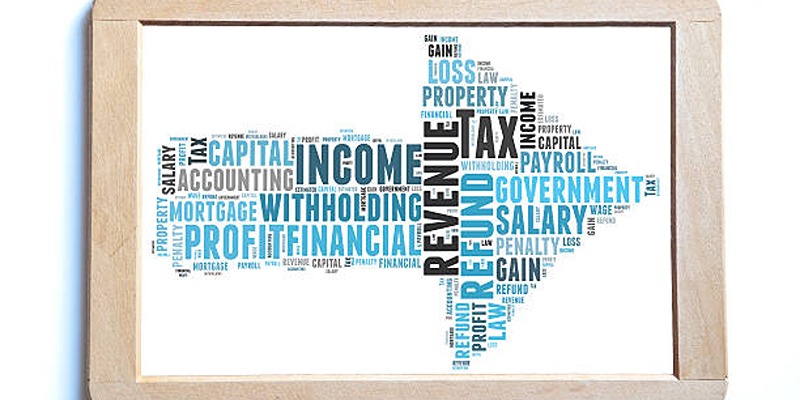
Understanding Estimated Taxes and the Dreaded Penalty: A Complete Guide
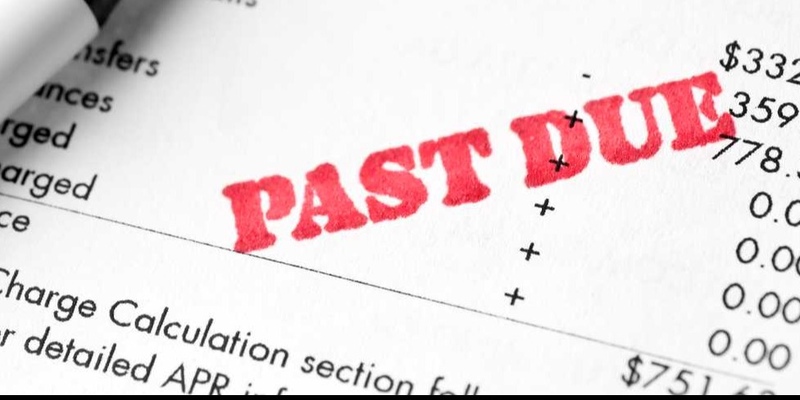
All You Should Know About Debt Related Statute of Limitations

Unlocking Six Best Free Checking Accounts

Best Identity Theft Protection Services

What Is Shale Oil?

Understanding the Tuition and Fees Tax Deduction

What Is Total Shareholder Return (TSR)?

Navigating Escrow Challenges in Real Estate Transactions
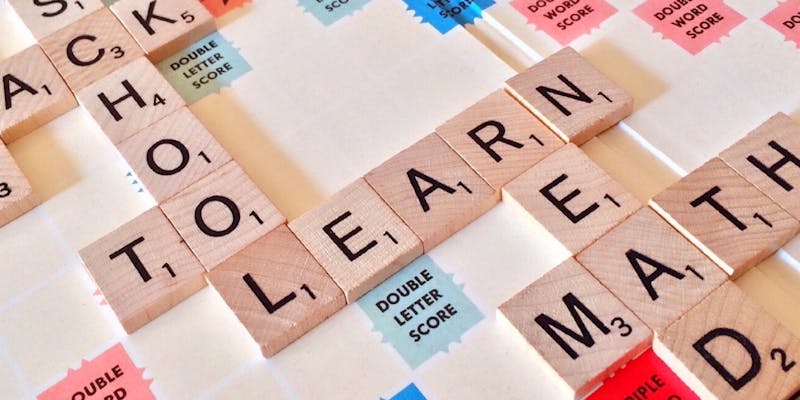
Exploring the Common Ways to Move Expense Claims for Returning to School
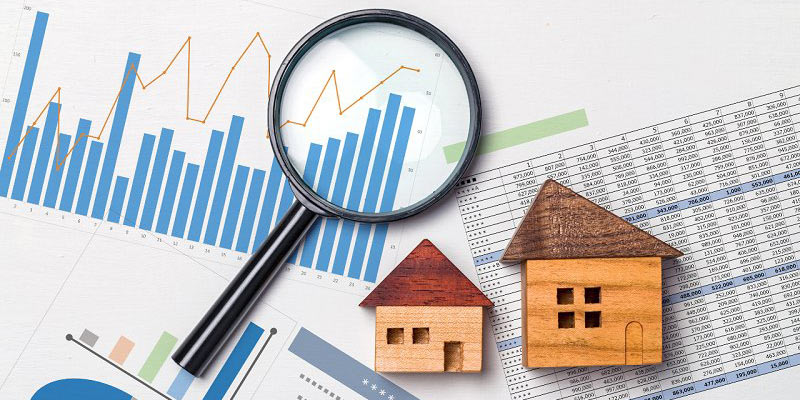
High-Value Home Insurance: What is it?

Renters Insurance Explained: Are Your Storage Units Protected?
